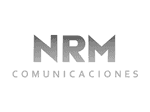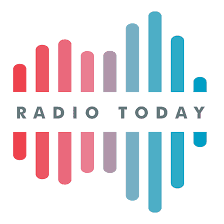
Fueling The Growth of
The Entire Audio Ecosystem
The Entire Audio Ecosystem
All Audio MonetizationTechnology for podcasters, broadcasters, and online music services to build their audience, maximize revenue, and streamline day-to-day operations.
Revenue-building solutions across Streaming, Podcasting and Broadcast Radio. Discover Triton's comprehensive, unparalleled portfolio of audio advertising technology to help publishers monetize inventory and advertisers reach listeners at scale.
Measurement
Understand your digital audio and podcast audiences with accurate, clear and consistent reporting to power your content and monetization strategies.
With our Podcast and Streaming Rankers publishers and advertisers have trusted, third-party measurement to understand listeners and make informed content strategy and advertising decisions.
Sign-up for our Podcast
& Streaming Rankers
& Streaming Rankers
Triton Audio Marketplace
The Triton Audio Marketplace offers access to the largest single pool of audio audiences with more than 100 billion audio impressions per month, allowing marketers and agencies to purchase all forms of audio ads programmatically - podcast, streaming and broadcast radio.
Let's TalkTake your audio strategy to the next level!
Who We Work With
Join Our TeamWe're Hiring! Ready to change the world of audio? Join our team of audio aficionados and technology gurus around the world.
Life at TritonWe are all about getting the job done while having fun!
News
News










